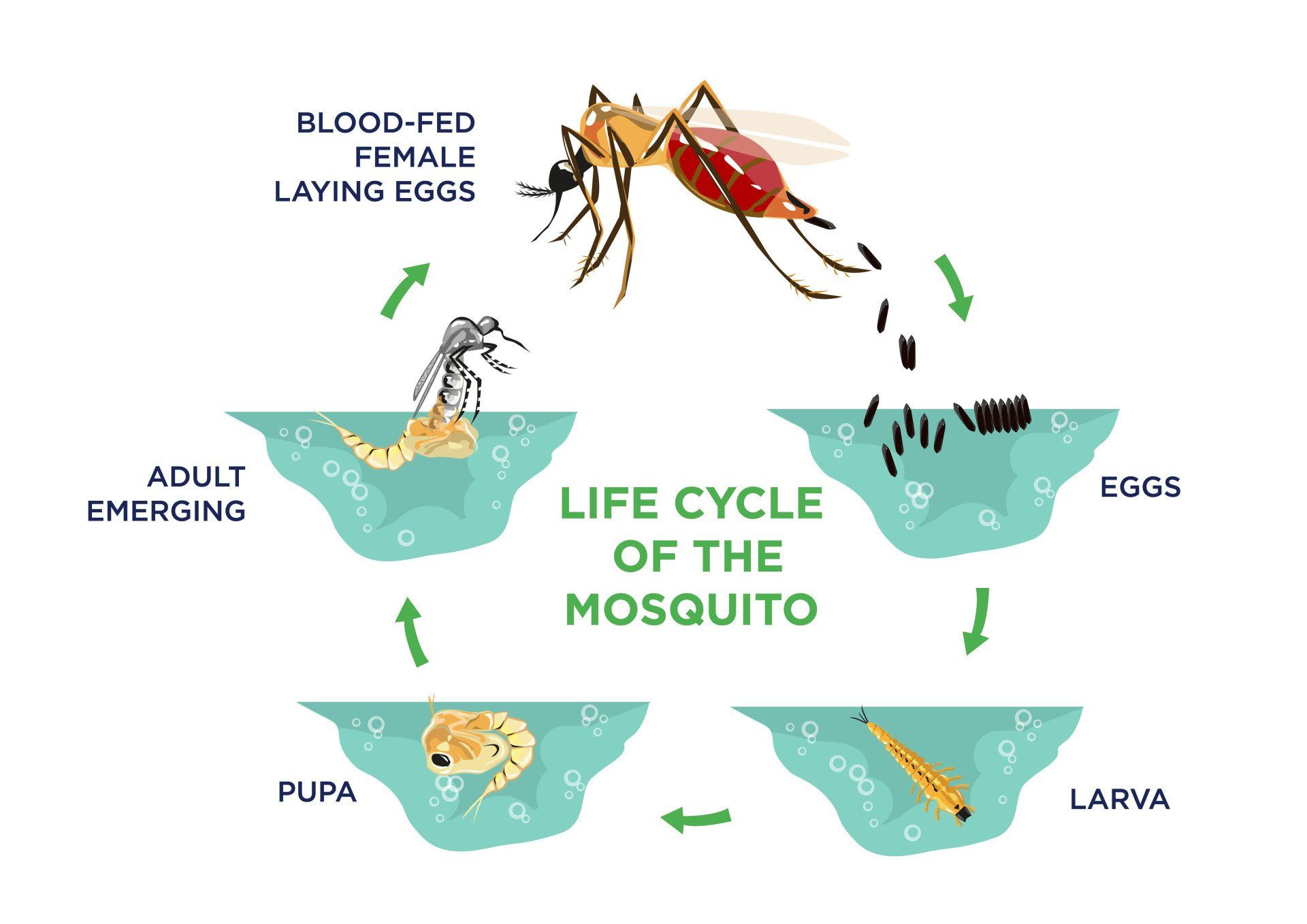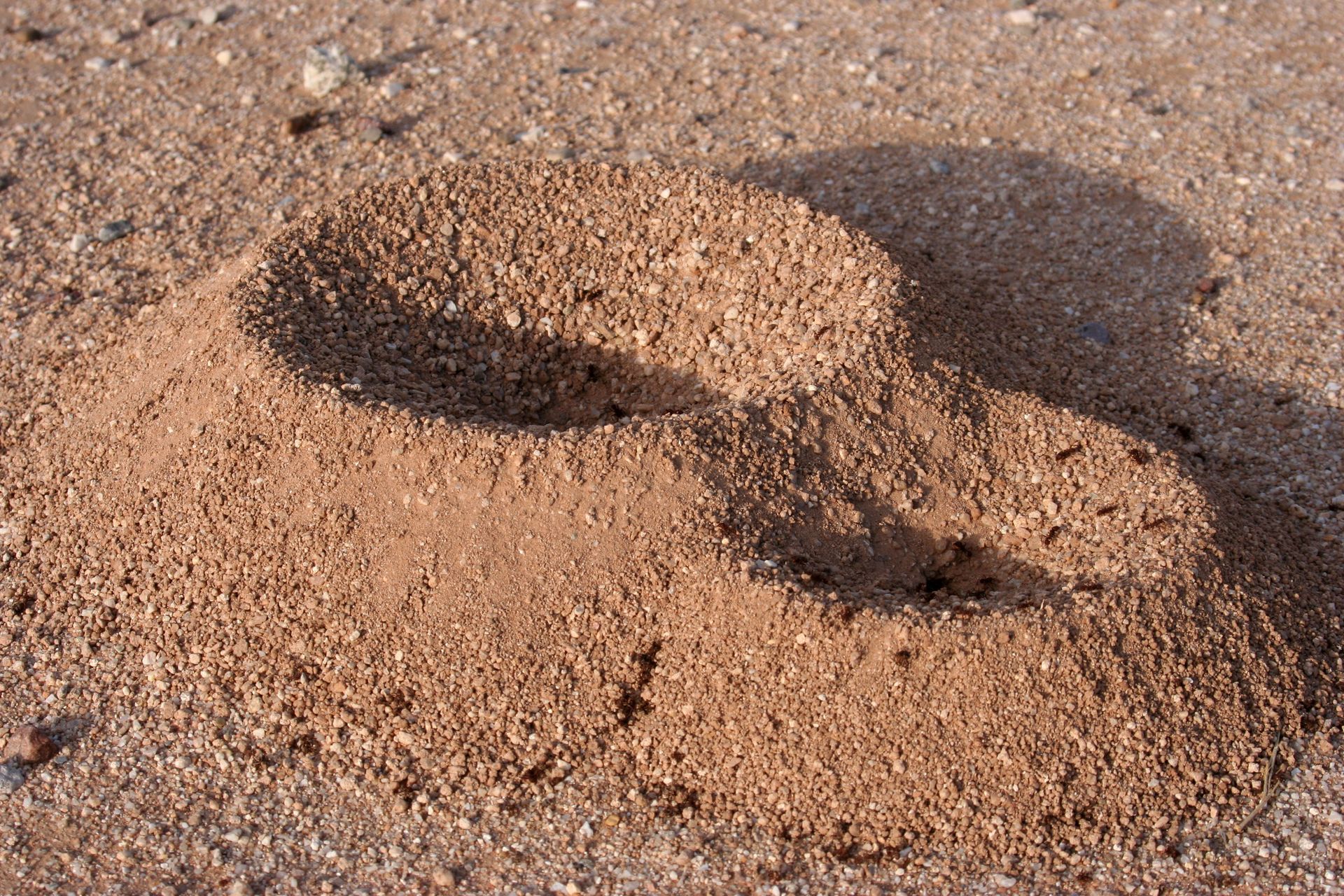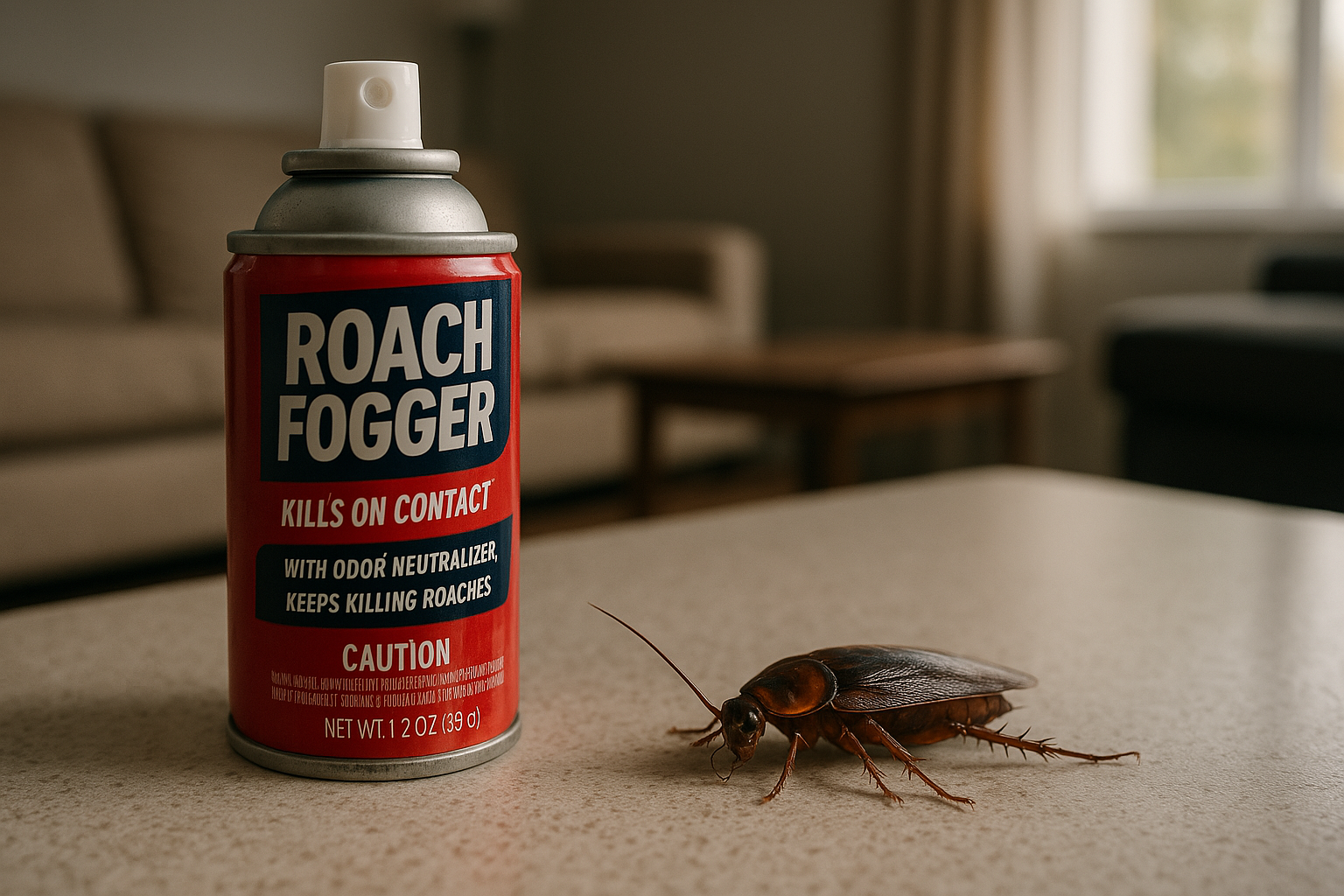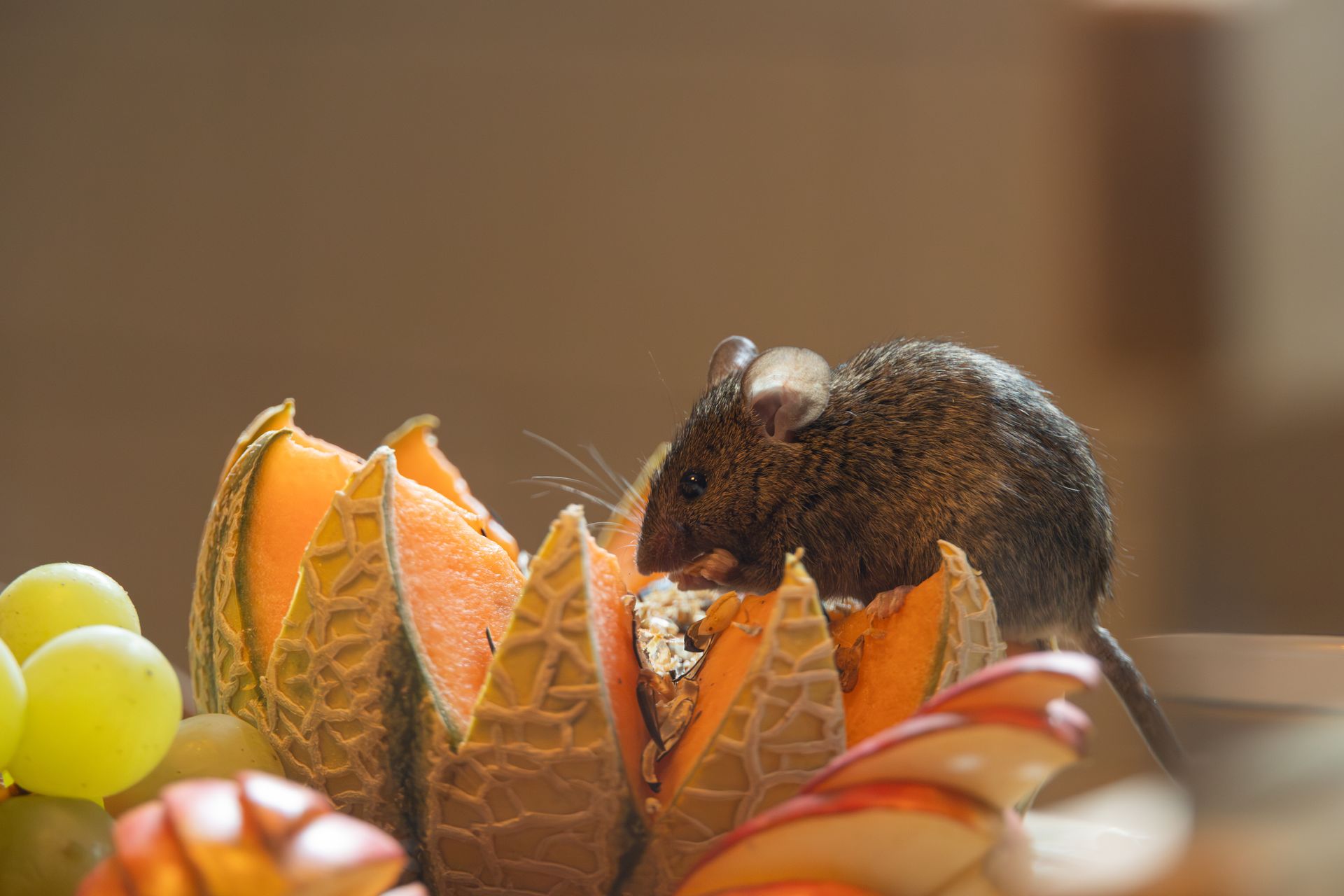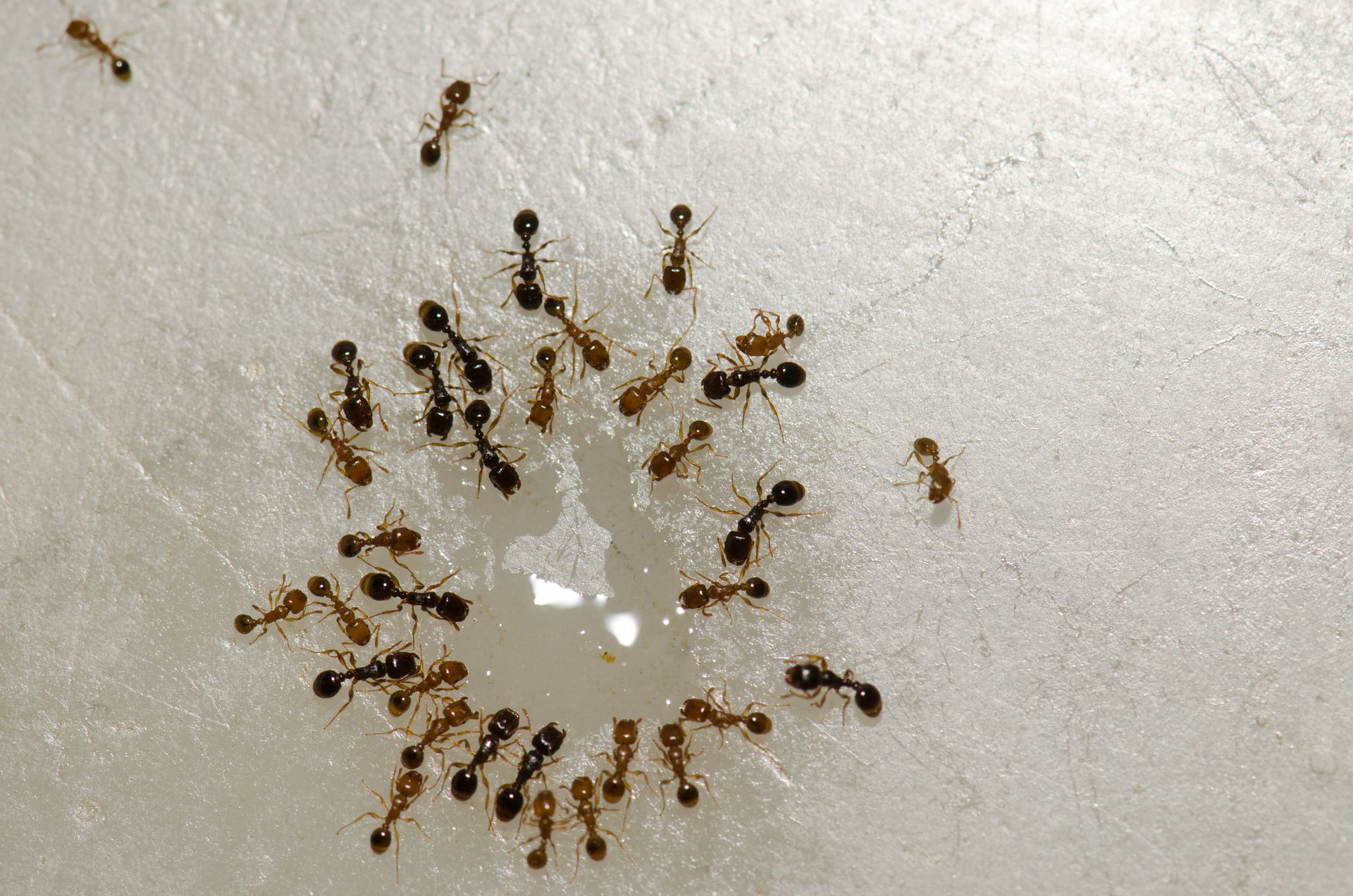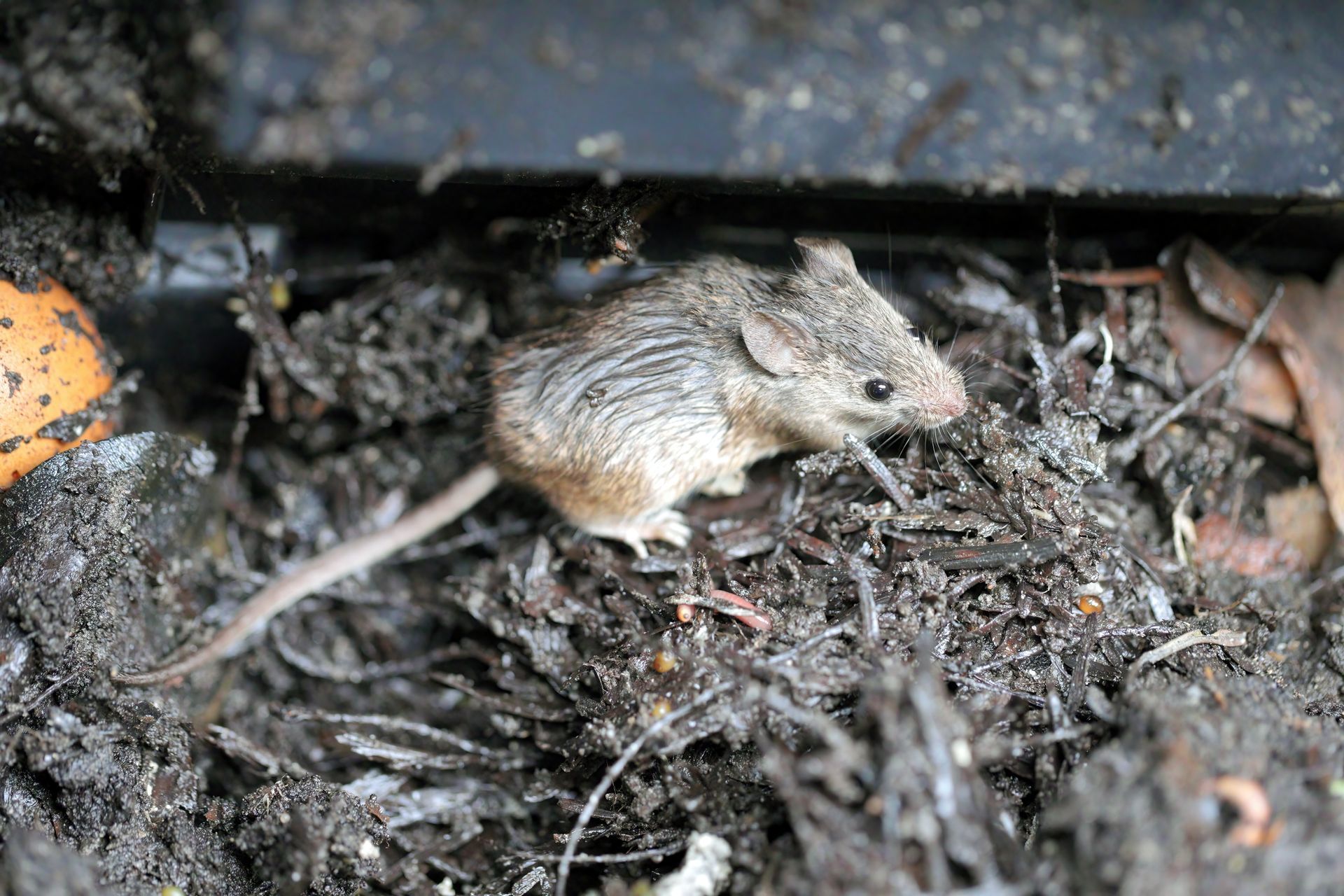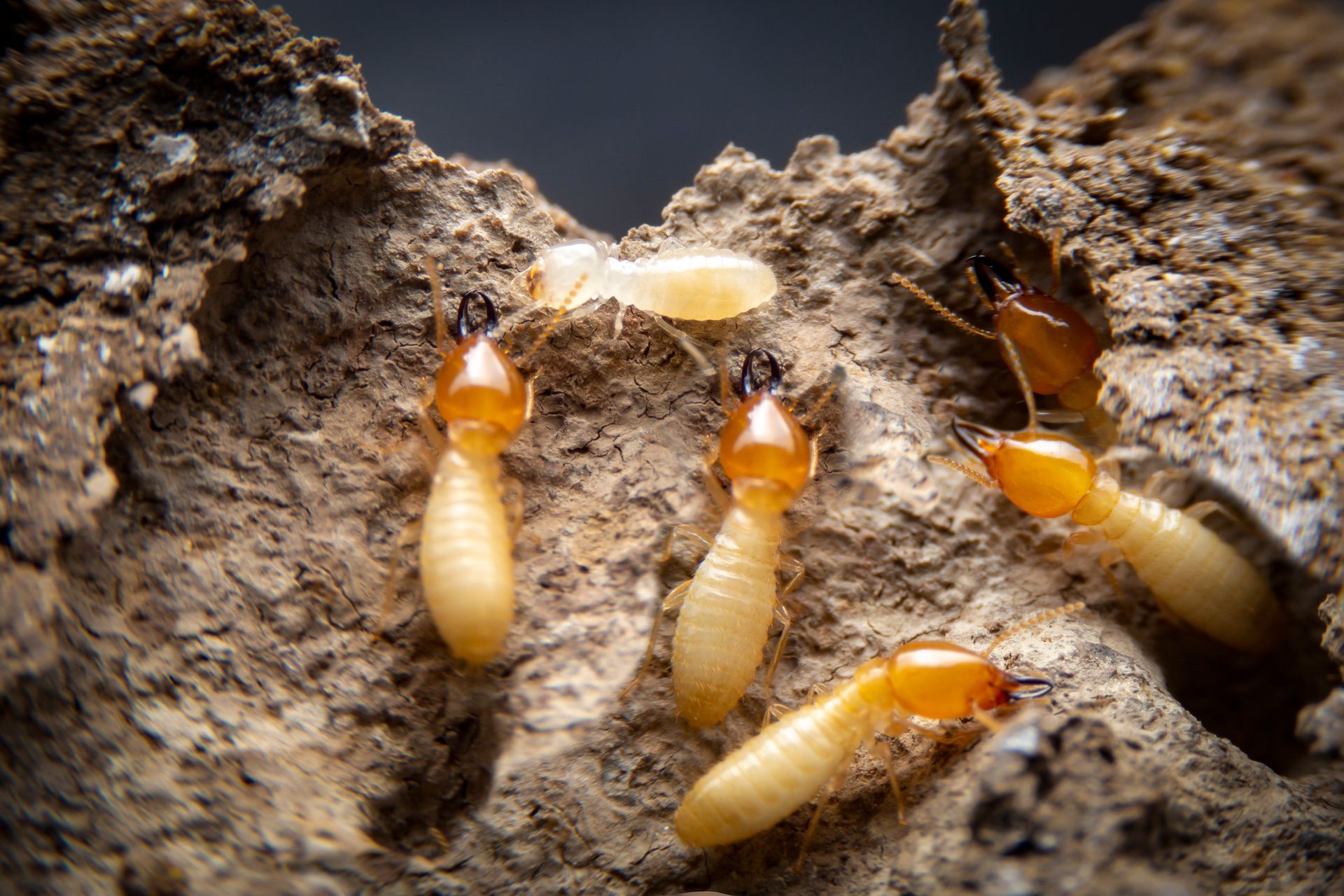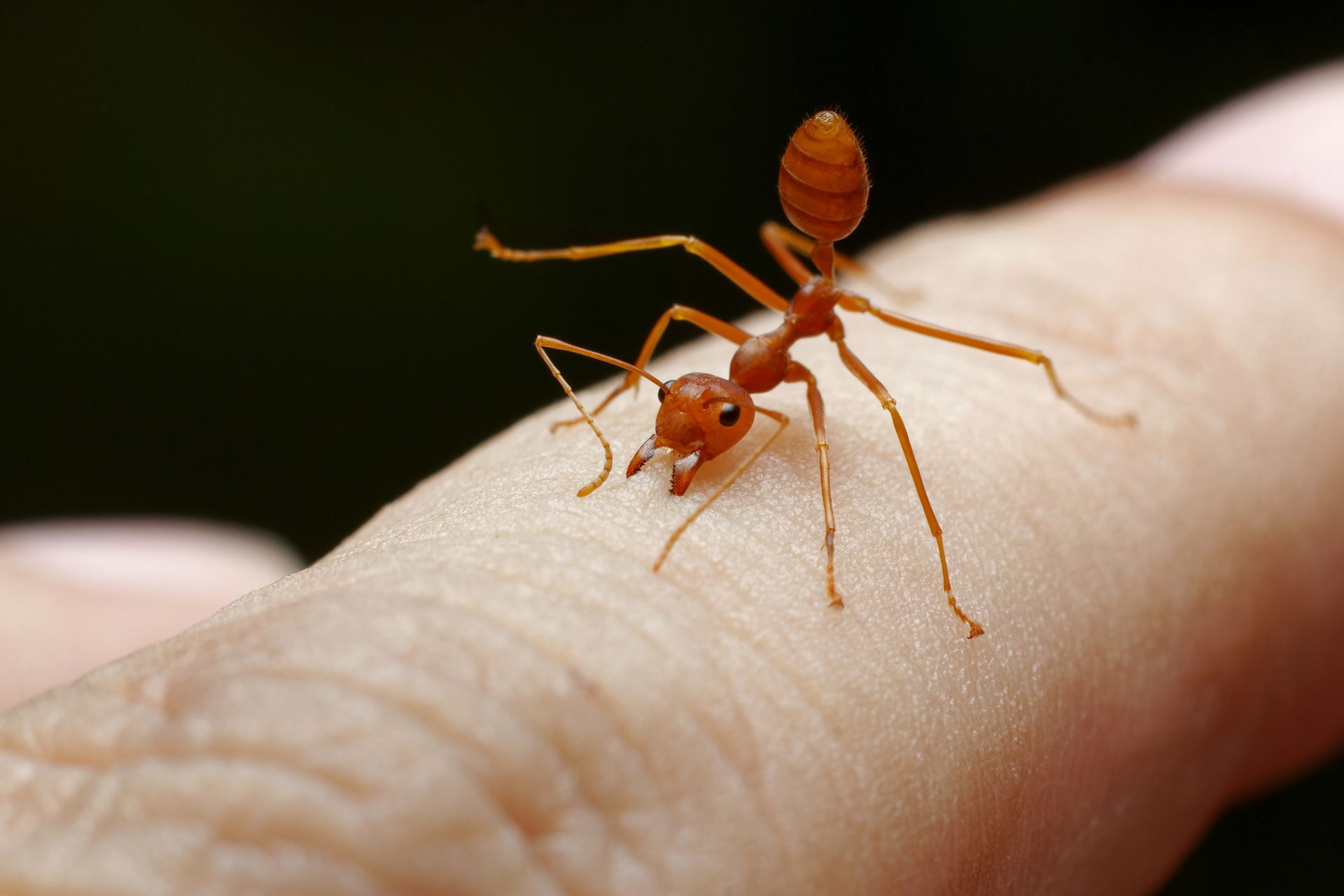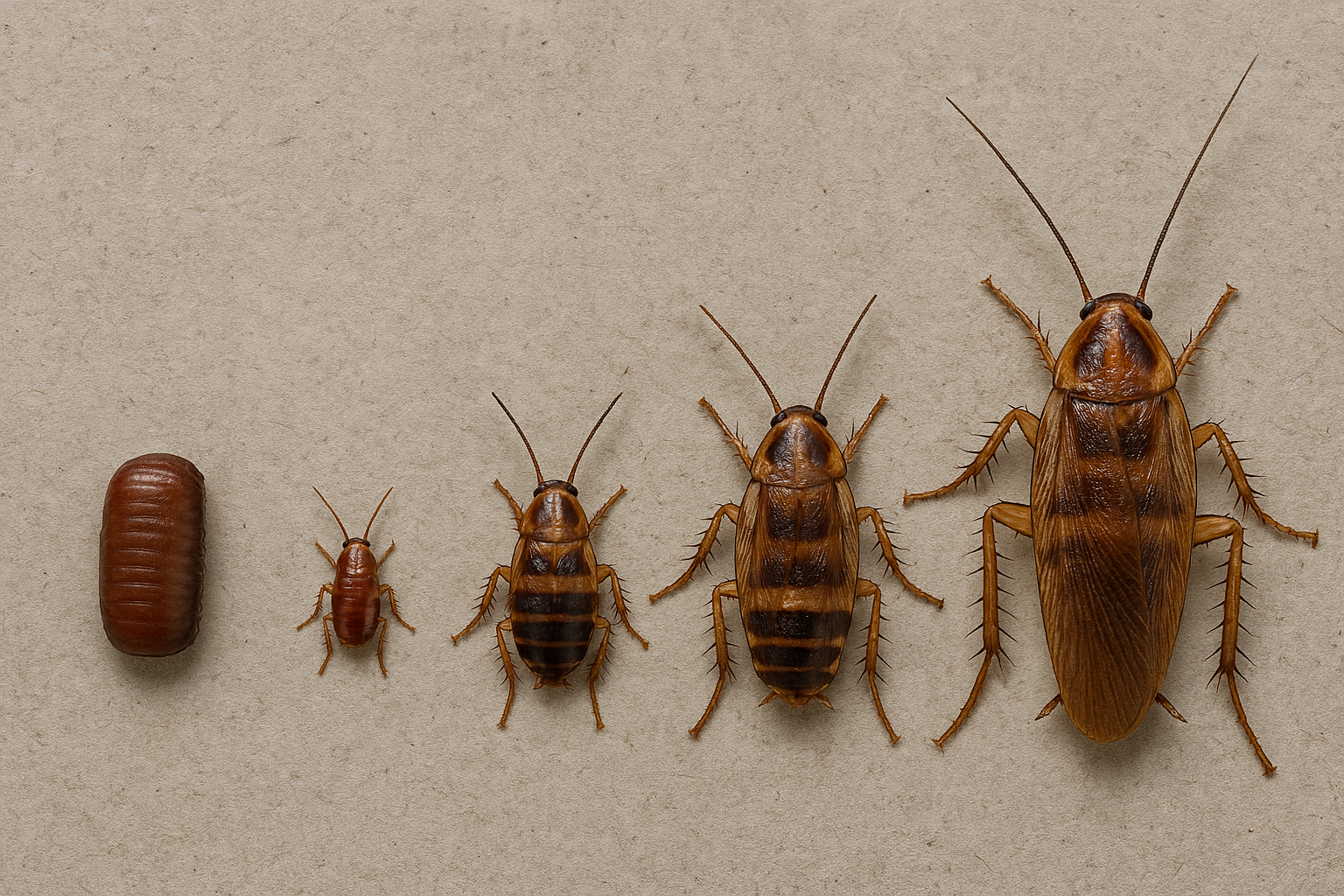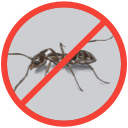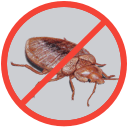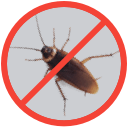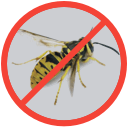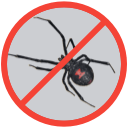How Long Do Mosquitos Live?
Mosquito Lifespan
The Mosquito Life Cycle
To understand how long mosquitoes live, it is important to understand how long each stage of the mosquito’s life cycle lasts. The time it takes for a mosquito to develop from an egg to an adult mosquito can vary, but typically, this process takes between one to three weeks but can also take up to several months if eggs lay dormant. Mosquito eggs are found in standing water and hatch into larva. These larvae are called “wrigglers” and they stay in the water they hatched in. They develop even further into the “pupa” or “tumblers.” The tumbler exists in the water before developing wings and maturing into an adult mosquito.
The length of the different stages of a mosquito’s life cycle depends on many factors. The largest variations are how long it takes for a mosquito egg to hatch and how long it takes the adult mosquito to emerge from its pupal case. Factors like the temperature of the water, available nutrition, and the species determines how long it might take for a mosquito to reach full maturity.
Eggs
Before the mosquito life cycle starts, a female mosquito has to eat a blood meal before laying eggs. A blood meal ensures that eggs have the right proteins to develop properly. After feeding, female mosquitos are attracted to stagnant water where they can safely lay up to several hundred eggs at a time. Depending on the species, a female mosquito may lay eggs individually or eggs that are connected to create a floating raft. Even the slightest disturbance in the water can destroy these eggs once they are laid, so female mosquitoes are careful with where they lay their eggs.
Eggs typically take a few days to hatch but eggs laid during colder months may result in eggs lying dormant for several months over winter. This period of dormancy will last until temperatures warm up enough for larvae to survive. There are also species of mosquitoes who lay their eggs out of water in areas that experience flooding. In these circumstances, the eggs have been known to lay dormant for up to 8 months until the flooding season comes. Once flooding occurs and the eggs are exposed to water, they will hatch into mosquito larvae.
Larvae
New hatchlings are called larvae but are also known as “wrigglers.” These mosquito larvae are very small, and they use a siphon like tube that extends above their abdomens to breathe. This snorkel like appendage uses the water’s surface tension to stay connected to the surface of the water. It also allows the mosquito larvae to swim away from any disturbances in the water that the larvae may perceive as a threat. These “wrigglers” feed on surface microorganisms like fungi and algae. As mosquito larvae consume food, they will start to grow and need to shed their exoskeleton. Each stage of shedding their skin is known as an instar and mosquitoes must pass through 4 instar phases before moving onto the pupal stage. If the appropriate amount of resources have been consumed and the environment is just right, the larvae should have their final molt between 4 days to 2 weeks before developing their pupal skin.
Pupae
The pupal stage occurs when the mosquito larvae develop into a cocoon as the mosquito transitions from larvae to adult. It still requires air to breath, so the pupae generally float at the surface. During this period, the mosquito pupae is largely inactive and no longer needs to feed as its body transitions. However, the pupae are still capable of movement and is aware of light and movement so it can react if there are changes in light, shadows, or disturbances in the water. If conditions are optimal, mosquito pupae are in this phase for one to four days before they form into adult mosquitos. If circumstances are not right, this phase may take much longer as the pupae lay dormant.
Adults
Mosquitos mature into adults when they emerge from their pupal casing. Males generally emerge from the pupal stage first followed shortly by females. After both sexes have emerged as adults, there is a mating swarm. Male mosquitos only live between 6 – 10 days, but females will typically live between 2 - 6 weeks. The male mosquitos eat nectar, while females need to feed on blood meals, to produce the eggs to start the cycle all over again.
Other Factors That Impact Mosquito Lifespan
The primary factors that impact a mosquitoes’ lifespan include sex, species, resources, environment, and predation.
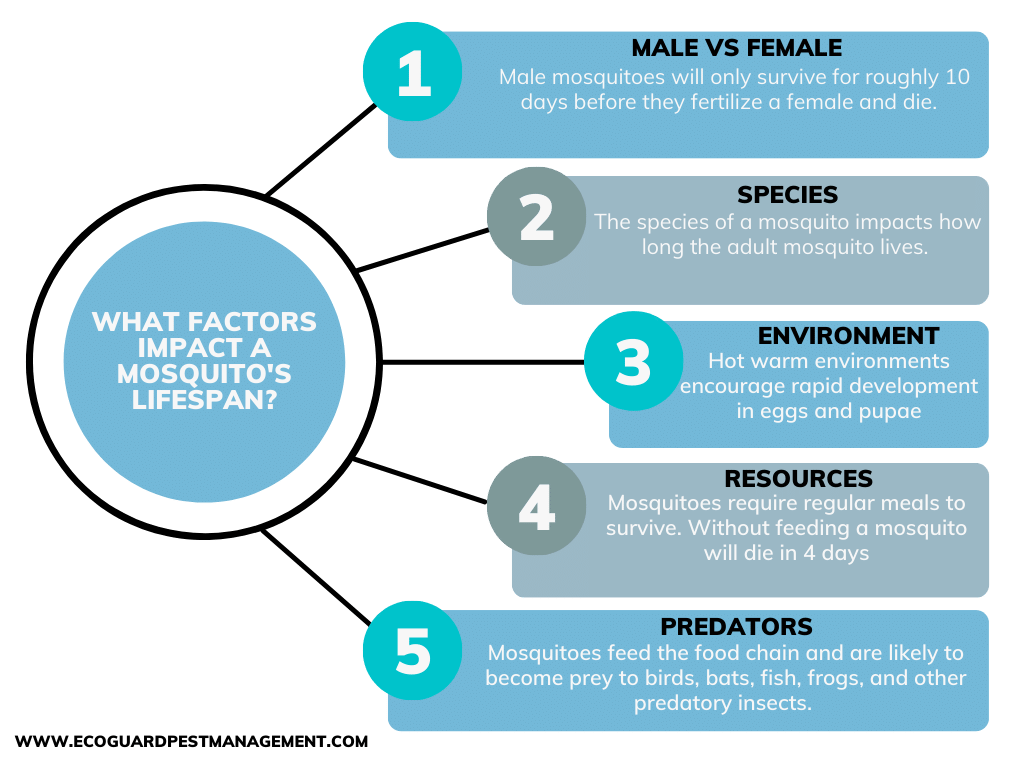
The Sex of the Mosquito
Mosquitoes’ life span is significantly impacted by what sex they are. Male mosquitoes serve one purpose and that is to fertilize the females’ eggs. Female mosquitoes can produce viable eggs for the rest of their lives using that initial fertilization, so their lifespan is much longer.
Male Mosquitos
Male mosquitos spend the first couple day of adulthood focusing on eating and finishing development. Males will feed on nectar and other sugary sources from flowers during those initial day but after the first few days, the male’s primary goal changes to finding a mate and fertilizing her eggs. This is usually achieved during the mating swarm but after this objective is completed, the male’s life cycle will come to an end in roughly 6 -10 days.
Female Mosquitos
The female mosquito’s life span is longer than the males. After the female mosquito sheds her pupal skin, the female will spend several days resting near the surface of the water she developed in. Once the female is dry and fully formed, the female takes flight and begins hunting for food. The adult female mosquitos’ diet is similar to a male before they start to seek their blood meals. Once they are preparing to lay eggs, their bodies transition to needing the protein in blood and will look for a blood meal just like bed bugs and other blood sucking insects. The female’s anatomy allows them to drink animal and human blood effectively so they’re gaining the proper nutrients necessary to reproduce. Unlike the males who can reproduce with several females, the females generally mate with only one male. Females are able to use that one encounter to secure enough seed to fertilize her eggs for the remainder of her egg cycles. After that, any time a female feed on a blood meal, she can produce a viable set of eggs ready to hatch in a few days.
Species
The species of mosquitoes also plays a role in how long a mosquito lives. The development period of each species is largely impacted by exposure to moisture and temperature and will take roughly 1 – 3 weeks in optimal conditions, but the adult phase of each species can fluctuate and add an additional 2 – 6 weeks.
- Aedes aegypti (yellow fever mosquito) typically lives around 21 days.
- Aedes albopictus (Asian tiger mosquito) typically lives between 30 – 40 days.
- Anopheles gambiae (African malaria mosquito) typically lives between 14 – 28 days.
- Culex pipiens (northern house mosquito) typically lives between 14 - 28 days.
- Wyeomyia smithii (pitcher plant mosquito) typically lives between 38 – 42 days.
Environment
Mosquito development is largely impacted by temperature and moisture so warm humid environments are more likely to have large populations of mosquitoes that develop quickly. This is due to the fact that temperatures are optimal for egg and pupal development as well as increased likelihood of stagnant water for eggs to be laid. Environments that are colder and dryer will cause eggs and pupae to lay dormant until ideal conditions are met which will extend the lifespan of mosquitoes.
Resources
Resource availability will also impact mosquito development. If mosquito larvae are unable to feed themselves on a rich diet of nutritious algae and other aquatic microbes, they will develop through their instar phases at a slower rate. This will delay the mosquito larvae from reaching their pupal stage. As mosquitoes develop into adults, they will need to feed regularly. Female mosquitoes require a meal at least every three to four days otherwise they will dehydrate and starve. Male mosquitoes will need to feed heavily for the first few days as adults so they can be ready to fertilize a mate before dying.
Predators
Mosquitoes are a critical element within several food chains. These small insects may feed on much larger animals but they also feed some of the smallest creatures from several species of frogs, fish, bats, birds, and even other insects like dragonflies and spiders. Even the mosquito eggs, larvae, and pupae become food for tadpoles and other small aquatic creatures that skim the surface in search of food to eat. At any time, a mosquito’s lifespan can be cut short by becoming a meal for a predatory threat.
How Long Do Mosquitos Live Inside the Home?
Mosquitoes found outside often live shorter lives due to natural predators and exposure to the elements but mosquitos can live inside a house for a longer time due to sheltered conditions. Without natural predators, indoor mosquitoes can live between 4 – 6 weeks long. As long as mosquitoes can stay hidden and find a source to lay eggs, they can proliferate inside just as easily as outside. This shouldn’t be difficult given their size, but mosquitoes will normally reveal their presence by trying to feed on a home’s inhabitants. They will seek out regular bloodmeals using the carbon dioxide and smells emitted by their potential hosts. When this occurs, it is likely that the mosquito will be exterminated.
What I Can Do to Shorten a Mosquitos Life
Mosquitoes pose a significant threat and are the deadliest animal threat to humans. This is because they carry dangerous mosquito borne diseases that can be transmitted to humans like malaria and dengue fever. Even without the threat of disease, mosquitoes are a nuisance pest that cause itchy red bites because they trigger an allergic response to the mosquito saliva.
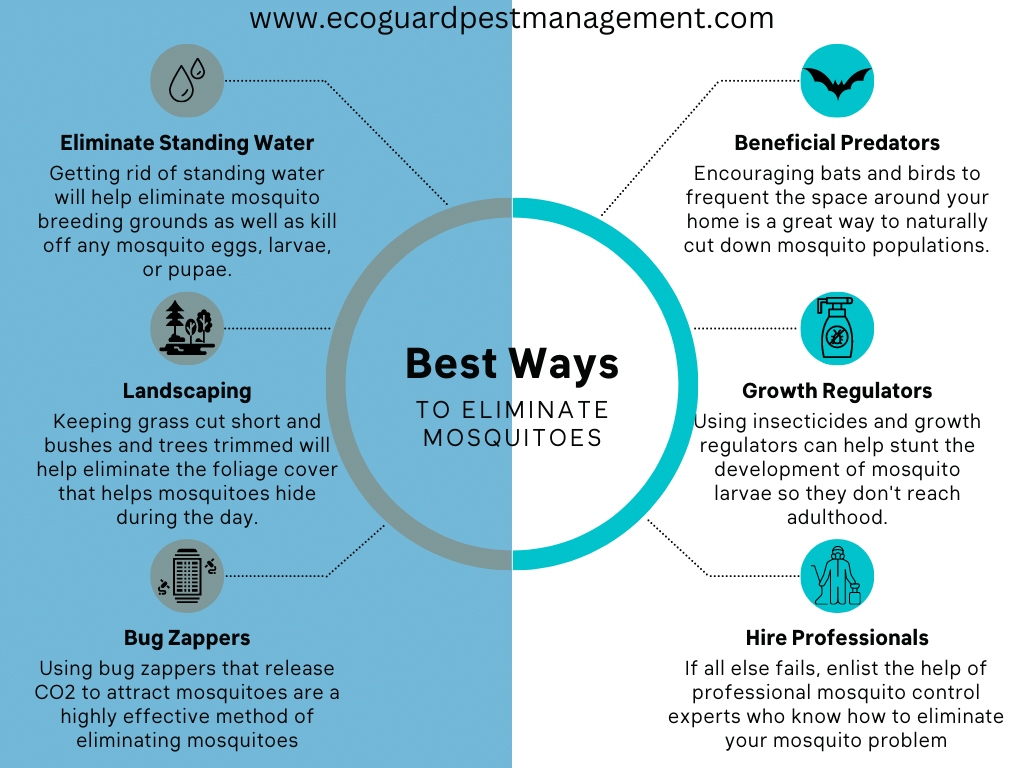
To get rid of mosquitoes, it is always best to remove standing water, or any areas where mosquitos breed. Eliminating any standing water sources will be one of the best methods when it comes to mosquito prevention. EcoGuard uses growth regulators in standing water to prevent mosquito larvae from maturing into adults.
It is also a good idea to cut your grass and get rid of old dead trees as there are several species of mosquitos that live in foliage and brush. This will also prevent mosquitos from finding protection from predators. It also helps to install high voltage bug zappers that can be used to attract and kill mosquitoes.
You can also buy mosquito killers, or insecticides, but these should only be used as a last resort. This is because insecticides can impact the environment and make it difficult for other species of beneficial insects to survive. We recommend seeking professional help from an EcoGuard technician to ensure that mosquito populations are eliminated.
Protect Yourself from Mosquitoes By Calling EcoGuard
If you are dealing with mosquitoes and they have become a serious problem, it may be time to enlist the help of professional mosquito control experts. At EcoGuard Pest Management, we want to ensure that all your mosquito related needs and problems are taken care of. We offer different type of mosquito related services, and our trained professionals are here to alleviate any stress mosquitos may have caused for you or your family. If you are currently in need of mosquito control, call today to schedule a free inspection!


